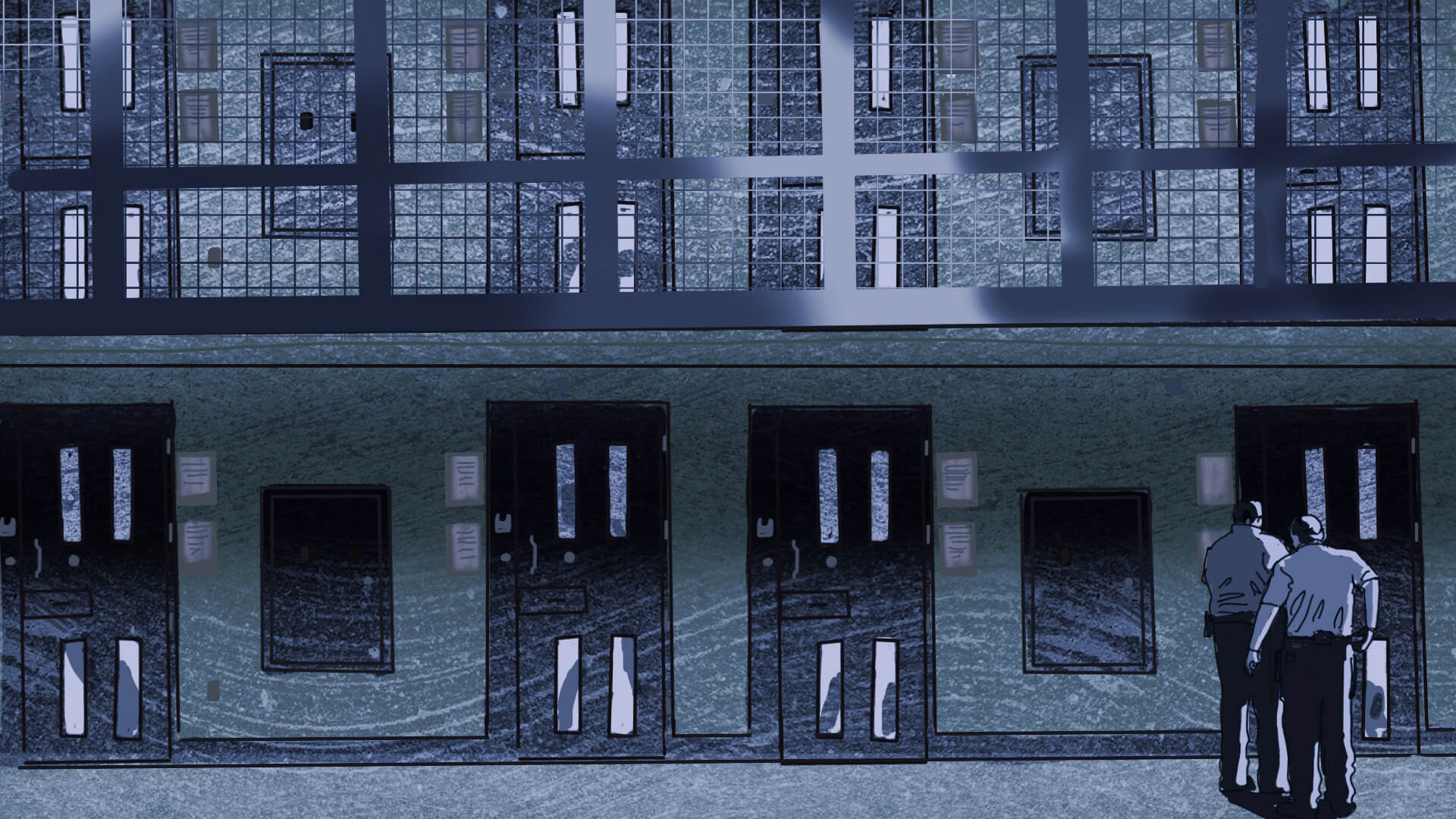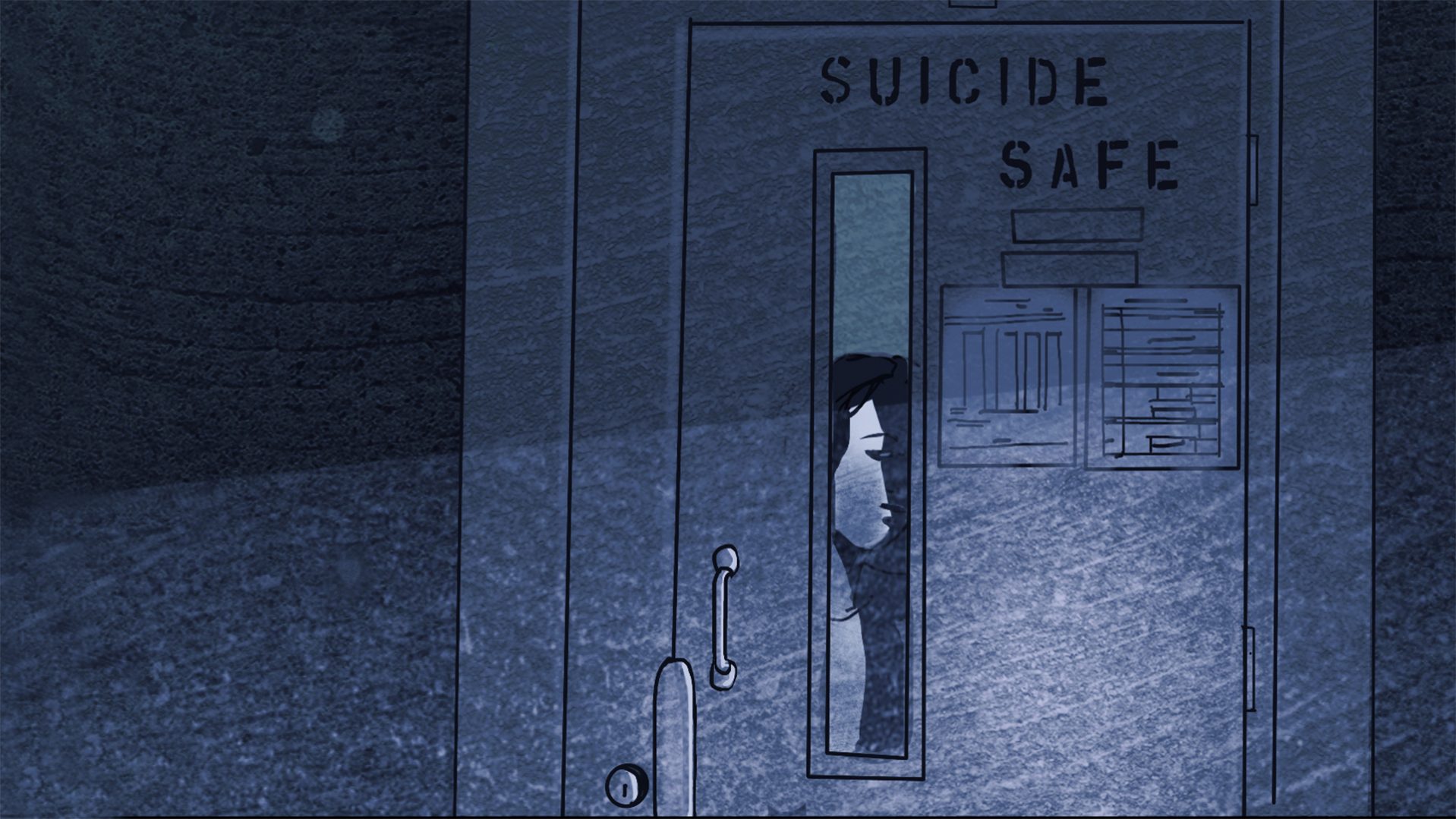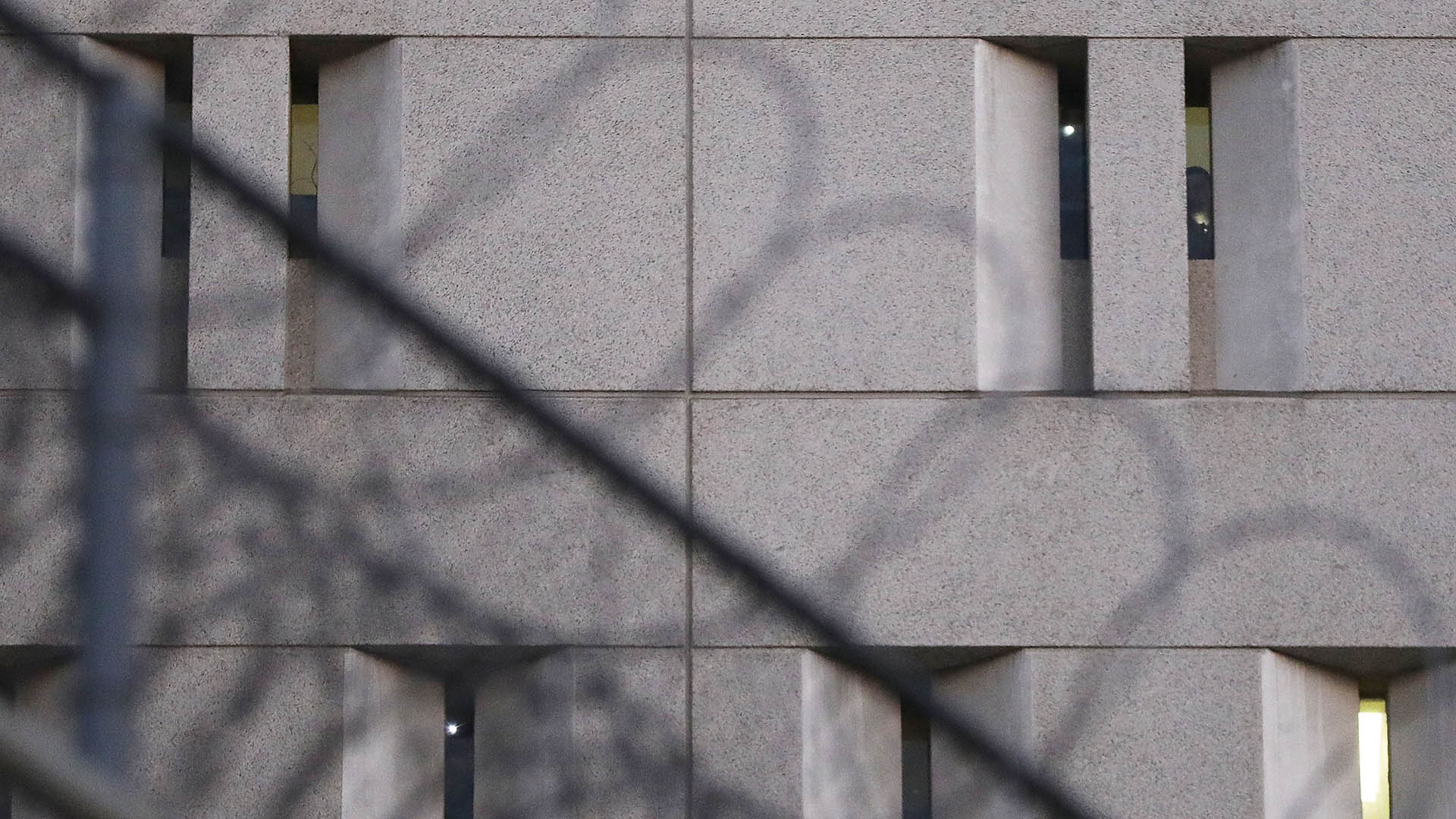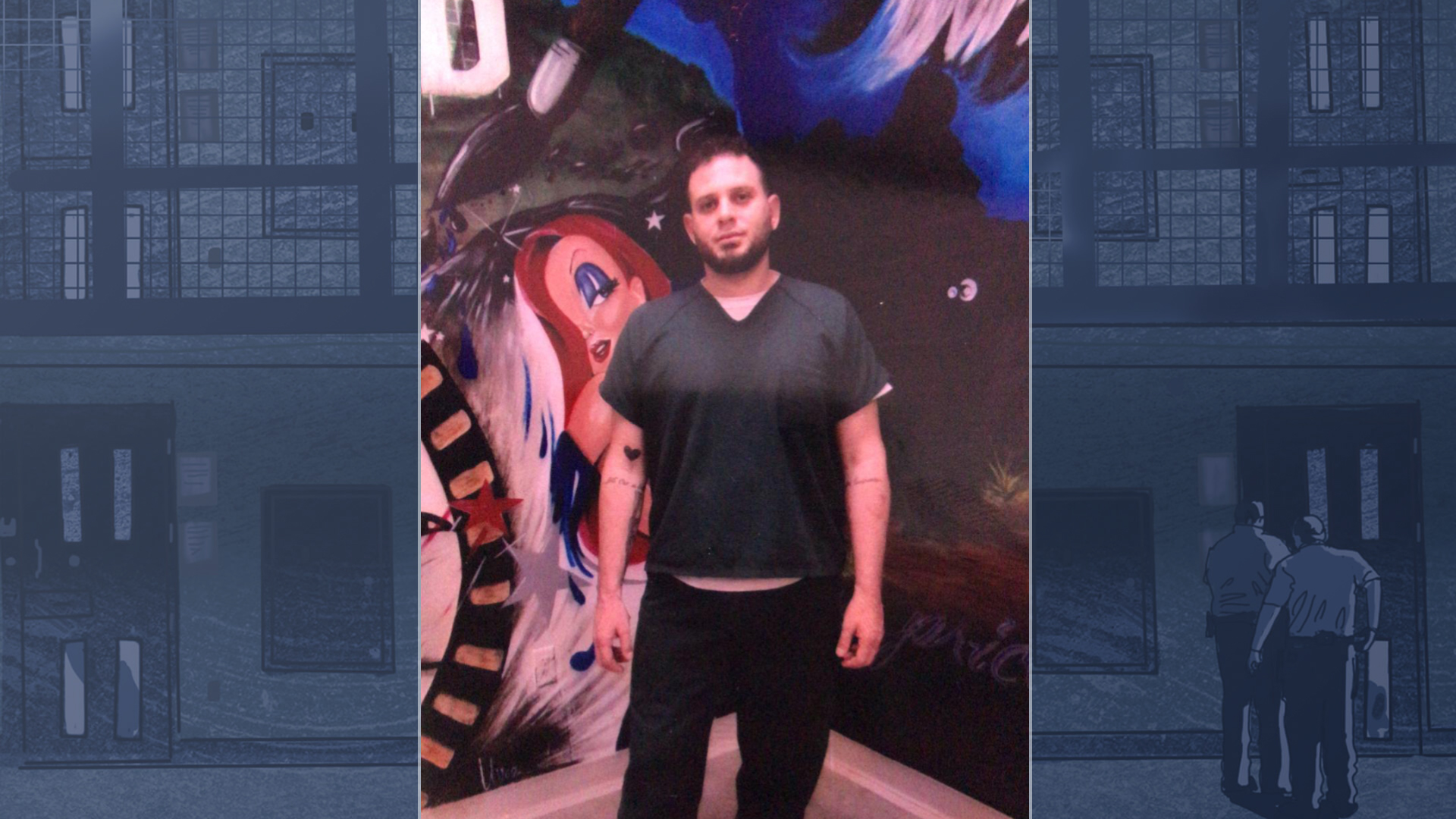
Ellen Gallagher was stunned by what she was seeing in the segregation reports — logs describing how U.S. Immigration and Customs Enforcement (ICE) detention centers use solitary confinement to punish or manage detainees.
“I was deeply disturbed,” she said.
One detained immigrant was sentenced to 14 days in solitary after being punched repeatedly by another detainee — even though he did not retaliate. Another was placed in isolation for 15 days after threatening to commit suicide. A third, a detainee with a history of mental illness, was sentenced to two stints in isolation, including 11 days for “engaging in sexual acts,” actually a consensual kiss with another detained immigrant.
It appeared to Gallagher, then a policy adviser in the Office for Civil Rights and Civil Liberties at the U.S. Department of Homeland Security (DHS), that ICE’s widespread use of solitary confinement, especially to isolate mentally ill detainees, violated the agency’s policies and procedures.
“Solitary confinement was being used as the first resort, not the last resort,” she said. “And sometimes it was the only approach.”
For years, Gallagher has attempted to blow the whistle from within the federal government about what she sees as the reckless and dangerous use of solitary confinement by ICE. Gallagher said she believes ICE’s use of solitary confinement “rises to the point of torture.”
Not satisfied that any meaningful agency-wide reforms have taken place, Gallagher has decided to go public with her story for the first time.
“Until there are enough people that do that, then this same set of circumstances will not stop, and I think it’ll actually get worse,” she explained.
Gallagher’s story has informed Solitary Voices, an investigation by the International Consortium of Investigative Journalists; Grupo SIN in the Dominican Republic; Plaza Pública in Guatemala; Mexicanos Contra la Corrupción in Mexico; and NBC News, The Intercept and Univision in the U.S. into ICE’s solitary confinement practices.
ICIJ’s reporting, which also included a review of more than 8,400 solitary confinement incident reports and interviews with dozens of immigrant detainees, support Gallagher’s conclusions: ICE has repeatedly used solitary confinement to isolate the most vulnerable detainees.
In a statement, the Homeland Security Department said that its Office for Civil Rights and Civil Liberties had examined ICE’s use of isolation through complaint investigations, working groups and other feedback. The office worked with ICE “to improve policy and reduce unnecessary use of segregated housing for ICE detainees,” a spokesperson said.
‘Profound Questions’
In 2013, ICE released a directive on the use of segregation, ostensibly meant to strengthen detention standards that immigration facilities are supposed to abide by.
One of the outcomes of the directive was the creation of a council to review segregation reports. The council was mostly made up of ICE officials, but it also included a representative from the civil rights and civil liberties office, where Gallagher would soon work.
Gallagher grew up in Massachusetts and still speaks with a pronounced New England accent despite years of working jobs within the federal government in Texas, New York and Washington, D.C. An attorney by training, she is prone to long pauses before delivering careful, often legalistic sentences about her work in government.
After a stint working as an advocate for mentally disabled school children in New York, she joined a predecessor of ICE — Immigration and Naturalization Services as an attorney. Her job: helping the federal government deport immigrants.
It was an intern within the civil rights office, known as CRCL, who first called attention to the segregation reports. Curious, Gallagher asked if she could review them.
She was particularly distressed by ICE’s placement of mentally ill detainees in solitary – something she knew from her early advocacy work to be particularly dangerous for the mentally vulnerable.
“I could not believe that so many people who were listed as suffering with serious mental illness, for example, were being assigned extended periods in solitary confinement,” Gallagher said.
“It raises a profound question about the overall system,” she added.
In a May 2014 email, Gallagher requested that the civil rights division raise the issue of misuse and overuse of solitary confinement with then-Secretary of Homeland Security Jeh Johnson. In response, Scott Shuchart, a senior adviser at CRCL’s immigration section, said special housing in ICE detention receives more oversight than any other detention authority in the country. “The policy is already that nobody can be in seg solely on the basis of disability (including mental health or disability). Is the concern that the policy isn’t followed?”
Gallagher, who believed that the policy was, in fact, being violated, responded with a litany of concerns, writing that the placement of “detainees with severe mental disabilities (e.g., schizophrenia or bipolar disorder) in segregation for the length of time indicated in ICE reports seems extremely concerning, to me at least.”
What I knew to be unfolding left me with feelings of helplessness and deep sadness. – Ellen Gallagher
In an email response, Shuchart responded that rapidly elevating the concern to Johnson would be a mistake, but said he would speak with her about “what and where we can move things.” Shuchart, who resigned in protest of the Trump administration’s family separation policy last year, declined to comment.
According to Gallagher, CRCL’s review of the segregation reports was often limited to making sure that they were filled out correctly. It seemed to her that the office ought to have been pushing ICE to explain its segregation placement decisions and to intervene on behalf of individuals who were being harmed.
In July 2014, Gallagher sent a detailed memo to then-Deputy Secretary of Homeland Security Alejandro Mayorkas, emphasizing that segregation was not being used only as a last resort. “Essentially, where a detainee’s behavior or characteristics are perceived to be disruptive, evidence of noncompliance, or a threat to the general population or ‘good order’ of the facility,” she wrote, “segregation serves as a default remedy.”
Apart from an email confirming that Mayorkas had received the memo, Gallagher said, there was no response. In an email, Mayorkas said that he does not recall whether Gallagher received a direct response, but asserted that the “issue was indeed addressed substantively.”
A bureaucratic labyrinth
Discouraged, Gallagher decided to take her concerns to the Office of Special Counsel, an independent watchdog that solicits disclosures of wrongdoing from federal employees. She also contacted the DHS inspector general, members of Congress and congressional committees.
Perhaps the most meaningful step taken in response to Gallagher’s whistleblowing was a previously unreported letter sent in June 2015 by the Senate Judiciary Committee’s chairman at the time, Sen. Charles Grassley, an Iowa Republican, and a Democrat on the panel, then-Sen. Al Franken of Minnesota. The letter was addressed to Jeh Johnson, who was the homeland security secretary.
Gallagher said her concerns were again met with bureaucratic indirection and indifference. It all took a personal toll, she said.
“I questioned my own capabilities; lost a lot of sleep; struggled with high stress and anxiety; and mainly worried about individuals being harmed in detention,” Gallagher said. “What I knew to be unfolding left me with feelings of helplessness and deep sadness.”
The Office of Special Counsel closed Gallagher’s file in June 2015, referring the matter to the DHS inspector general.
The inspector general did conduct site inspections of ICE detention centers, issuing a damning report on the use of segregation in September 2017. The report, titled “ICE Field Offices Need to Improve Compliance with Oversight Requirements for Segregation of Detainees with Mental Health Conditions,” found shortcomings in the way ICE field offices were maintaining records on segregation.
A second inspector general report, released in December 2017, found that some ICE facilities “may have misused segregation.”
Gallagher didn’t think the inspector general was being tough enough. The investigation was narrower than the office had said it would be, Gallagher wrote in a December 2017 email to the Office of Special Counsel.
Gallagher now works for the inspector general, as a director in the Office of Integrity and Quality Oversight.
On May 10, one of the lawyers who had handled Gallagher’s file left her a voicemail message.
“We have reviewed this matter and considered it and we are going to defer to the IG investigations in this case,” said the attorney. “The case will remain closed.”
Global crisis support resources can be found via the International Association for Suicide Prevention.









